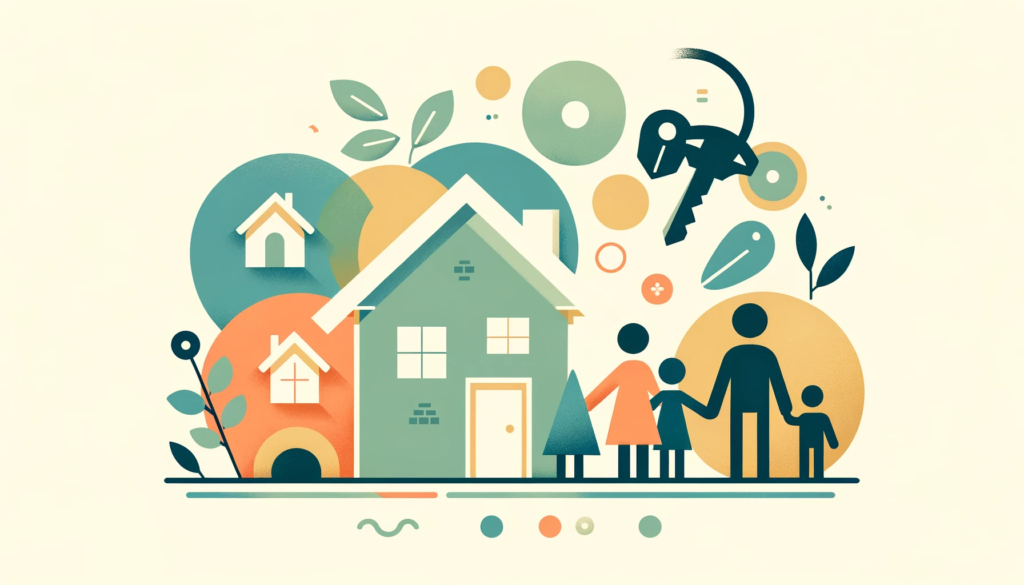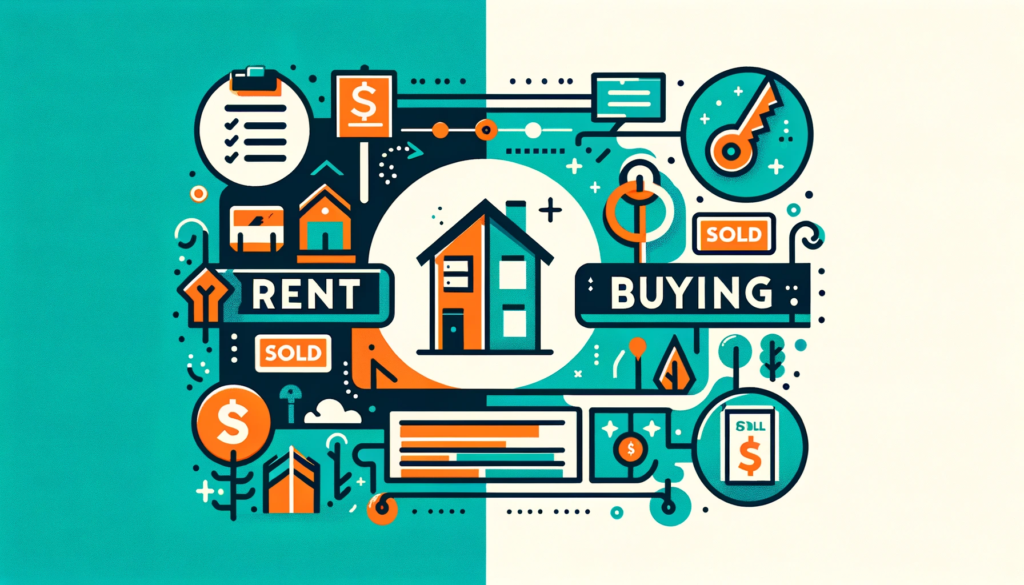- About Us
- Life in Germany
- Education
- Healthcare
- Childcare
- Cost of Living
- Housing
- Paternal Leave and Benefits
- German Language Skills
- Unemployment Benefits
- Taxes
- Other Insurances
- Radio & TV Tax
- Driving License
- Buying A Car
- Path to German Citizenship
- PR vs German Citizenship
- Application of Residence Permit
- Mandatory City Registration
- Integration Course
- Study in Germany
- Work in Germany
- Germany Visas
- Contact Us








